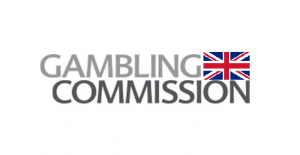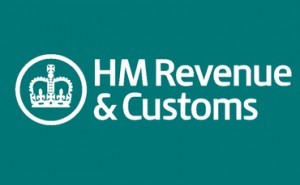 Any keen, or even casual online or mobile gambler is probably aware by now of the effect that the introduction of the Point of Consumption Tax – and general tightening of the tax regime operators are subject to – has had on the industry. A report released yesterday, however, have started telling the story from another point of view; the UK Gambling Commission announced figures for the tax year 2013/2014 – running up to, but not including the introduction of the new legislation, which compared the tax revenue from gambling to the health of the gambling industry.
Any keen, or even casual online or mobile gambler is probably aware by now of the effect that the introduction of the Point of Consumption Tax – and general tightening of the tax regime operators are subject to – has had on the industry. A report released yesterday, however, have started telling the story from another point of view; the UK Gambling Commission announced figures for the tax year 2013/2014 – running up to, but not including the introduction of the new legislation, which compared the tax revenue from gambling to the health of the gambling industry.
These figures are so important because they allow operators to see exactly how well HMRC is doing from the egaming industry compared to how well the industry itself is performing, and may even form the backbone for legal challenges to the new system.
What the bare figures show
The first thing to note from the new data is that the UK government really doesn’t do badly from gambling revenue. Although in most cases, what you win from gambling is exempt from tax, as a regulated industry in the UK, there has to be taxation from somewhere, and it’s usually the operators (land-based or online casinos, poker room, bingo halls etc.) why have to cough up the cash from their takings. The government made about £1.9bn in revenue from all gambling taxes in the last year, meaning that gambling operators are contributing almost 0.5% of the UK’s total tax revenue.
Not only are these figure impressive, but tax bulletins posted by HMRC showed how the year of 13/14 enjoyed gambling tax revenues up by 9.4%, and that since April, the 14/15 tax year so far has given a 4.5% increase on revenues in the same period in the previous year.
Am I boring you yet? I promise that’s the majority of the figures done with. What I’m trying to demonstrate is the vast and growing amounts of cash that the UK government is already making from gambling, and why the introduction of the POC Tax seems like a bit of a money grab, and is ruffling people’s feathers.
But it’s not that simple
 Despite already huge gambling tax revenues, the Gambling Commission report highlighted how online and mobile gambling only accounted for about 17% of the total gambling revenue – a far smaller share of the tax revenue than the share of the market that egaming enjoys. Moreover, the revenue made by egaming rose by 22% over the last year alone, and the taxes seen from the sector rose by less than 5%.
Despite already huge gambling tax revenues, the Gambling Commission report highlighted how online and mobile gambling only accounted for about 17% of the total gambling revenue – a far smaller share of the tax revenue than the share of the market that egaming enjoys. Moreover, the revenue made by egaming rose by 22% over the last year alone, and the taxes seen from the sector rose by less than 5%.
One can start to see, then, why the UK government might be keen to make the egaming industry pay a fairer share of the UK gambling tax bill. The key reason that the UK sees so little of the cash made from online and mobile gaming as compared to land-based is that by necessity, land-based companies have to be licenced and regulated in the UK, whereas egaming companies can sit offshore in countries where gaming taxes are a lot lower, and they see a lot more of their revenue.
Are the new figures helpful for operators?
Well, actually, no. The hope might have been that the report actually showed that egaming operators did contribute enough in terms of UK tax (a fact that would form the strong basis for a legal challenge to the POC Tax), but that seems not to be the case. It might seem unsurprising that the body that pushed so hard for the POC Tax – the UK Gambling Commission – released a report so soon after it came in to force which demonstrates its necessity, but that’s not to say that they’ve fiddled the figures. Whether we like it or not, it seems to make sense that the HMRC should be getting a little more from egaming. Despite the myriad closures and withdrawals we’ve seen operators make from the UK market, perhaps it’s the price we have to pay for better regulation, and ultimately, as players, better protection.


















